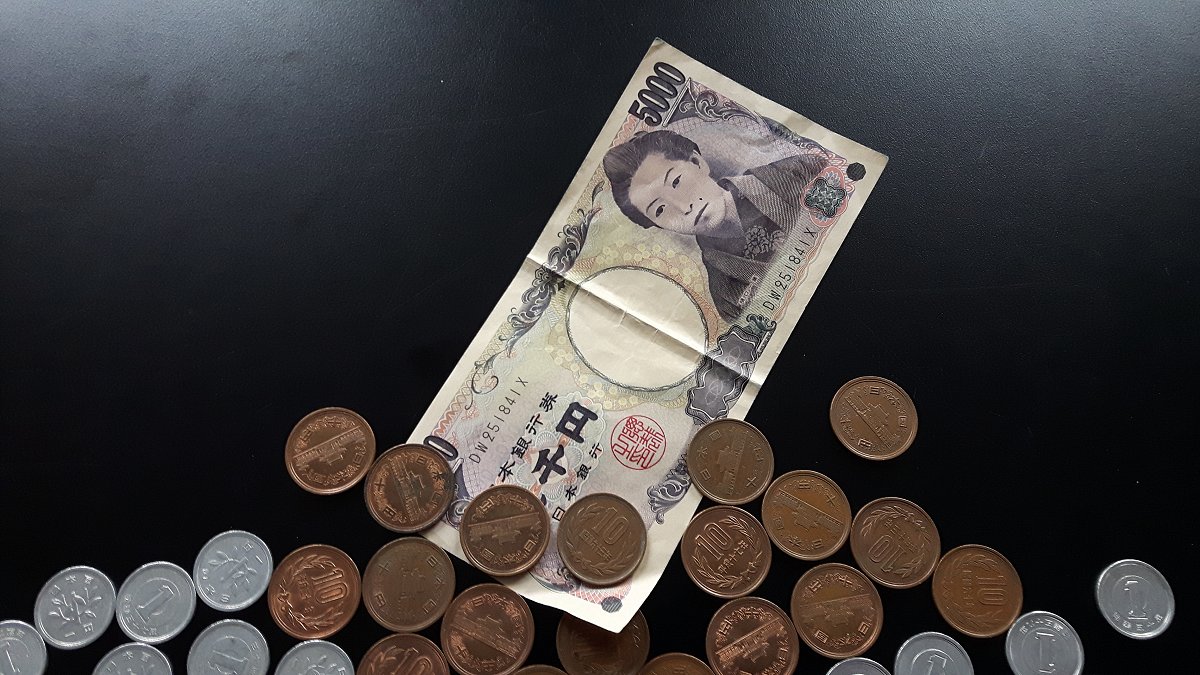Inequality undermines cooperation
This month, Favas.net appreciated the paper ‘Social dilemmas among unequals’ by the German mathematician Christian Hilbe, who works at the Max Planck Institute for Evolutionary Biology, in the city of Plön, Germany. With their so-called Public Good Game, Hilbe and his colleagues investigated what happens when in the game a very small part of the players own the majority of the value to be distributed (say 99%). Then there is no incentive left with these super rich to join the game and collaborate. After all, there is hardly anything left to earn for them, while this would be the case if all players have a comparable value. Quote from the abstract: “Direct reciprocity is a powerful mechanism for the evolution of cooperation on the basis of repeated interactions. It requires that interacting individuals are sufficiently equal, such that everyone faces similar consequences when they cooperate or defect. Yet inequality is ubiquitous among humans and is generally considered to undermine cooperation and welfare”.
Source: Favas.net (based on Nature journal)

